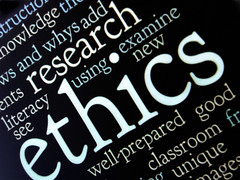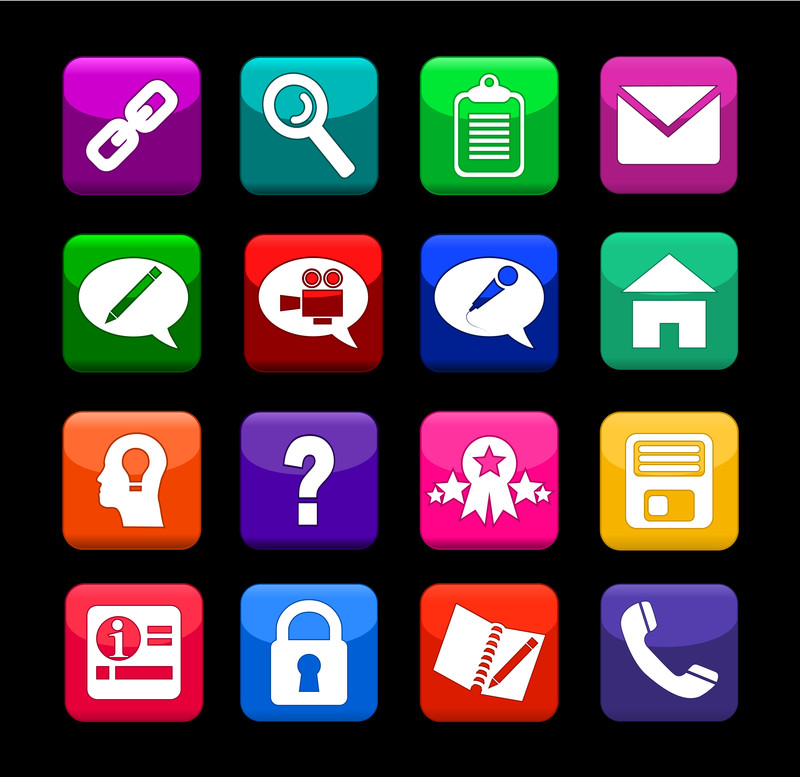
 photo credit: Carol VanHook
photo credit: Carol VanHook
Where do I go for trusted information on ethical use of social media for therapists? Here are the top 3 resources on the cutting edge of online ethics for mental health therapists that I find myself referencing time and time again. I have taken their online courses, read dozens of their articles, signed up for newsletters, and of course, I follow all of them on social media sites.
Here my top three recommendations, links to my favorite resources on each site, and their social media links so you can follow them:
1) The Online Therapy Institute (OTI)
The Online Therapy Institute, co-founded by DeAnna Marz Nagel, & Kate Anthony, is a premiere resource for all things digital. OTI and Keely Kolmes, Psy.D. created a comprehensive Ethical Framework for the Use of Social Media by Mental Health Professionals that is an invaluable resource. Also, watch Nagel and Anthony discuss common online scenarios therapists face online in this Ethics and Social Media video.
Twitter @TherapyOnline Facebook The Online Therapy Institute
2) Dr. Keely Kolmes
Dr. Keely Kolmes is on the forefront of social media ethics discussions and offers a variety of excellent articles on her website. As a sought after presenter at professional conferences Kolmes speaks on a the intersection of digital ethics and mental health care. Check her presentation schedule on her website to see if she's presenting at a nearby conference.
Twitter @DrKKolmes
3) Zur Institute
The Zur Institute, founded by Dr. Ofer Zur, offers dozens of continuing education courses for mental health professionals, including free resources on social media and ethics. I'm currently taking the online course Digital and Social Media Ethics for Therapists (for 8 CEUs) through the Zur Institute and I'm finding it to be very helpful in clarifying my social media ethical philosophy (much of the course content was written by Dr. Keely Kolmes).
Twitter @ZurInstitute Facebook Zur Institute
Where do you go for social media ethics discussions? Do you have any resources that you'd like to share with other clinicians? Please post them in the comments below.



As healers, we genuinely like to do our work. Guiding clients through the therapy process and seeing them make progress is why we do what we do. But if you're in private practice, you know there's a lot going on in the back end and that it's crucial to run an efficient and organized business.